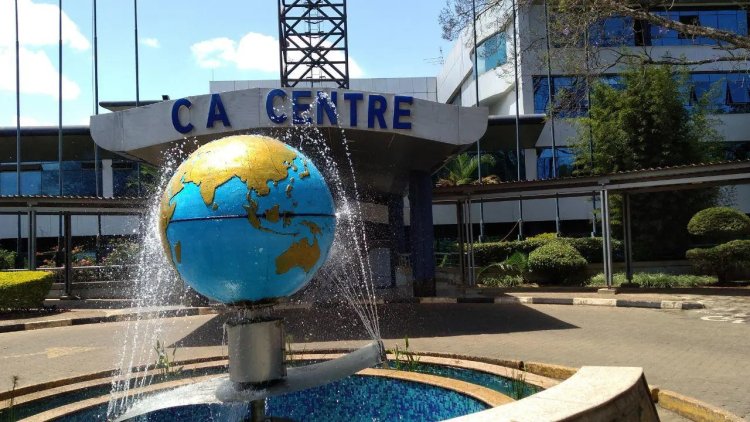Govt Tells Kenyans That Slow Internet Speeds Countrywide Will Continue
CA revealed that the slow internet speeds and disruption of internet services are a result of a deep-sea fibre cut that occurred on the Mtunzini teleport station.

The Communications Authority of Kenya (CA) has told Kenyans that the slow internet speeds and downtimes that users have been experiencing since Sunday, May 12 will continue.
In a press statement on Monday, May 13, CA revealed that the slow internet speeds and disruption of internet services are a result of a deep-sea fibre cut that occurred on the Mtunzini teleport station.
"Yesterday, the Authority received reports on intermittent data outages and traffic jam on the submarine cable Internet traffic flow into the country.
"Upon engaging the relevant industry players, the Authority has established that a deep-sea fibre cut had occurred on the Mtunzini teleport station, affecting a number of submarine cables serving Kenya, including Seacom and the East African Submarine System (Eassy)," the statement read in part.

CA Director General David Mugonyi directed service providers to take proactive steps to secure alternative routes for their traffic and stated that it was monitoring the situation closely to ensure that incoming and outbound internet connectivity is available.
"We wish to inform individual and corporate consumers that the recovery process has since commenced but Internet intermittency and slow speeds may remain in the coming few days before services are fully restored," the statement added, though not revealing the exact date at which Kenyans should expect normalcy in internet services to resume.
The East Africa Marine System (TEAMS) cable, which CA noted has not been affected by the cut, is currently being utilised for local traffic flow while redundancy on the South Africa route has been activated to minimize the impact.
Kenyans on social media as well as East African citizens spent the better part of Sunday and Monday complaining about slow internet speeds, most of them laying blame on three of the major telco providers in the country.
The outage is, however reportedly severe in other countries such as Tanzania which was stated to have some users experiencing a total internet blackout.
One of the telcos issued a statement announcing proactive steps to reduce the disruptions caused by the outage. Its 4G and 5G internet connection through mobile data is thought to be the fastest in the whole country.
"We have experienced an outage on one of the undersea cables that deliver internet traffic in and out of the country.
"We have since activated redundancy measures to minimise service interruption and keep you connected as we await the full restoration of the cable. You may, however, experience reduced internet speeds," the telco stated.
How Did This Internet Outage Occur?
The internet downtime experienced was attributed to two faulty cables in the Red Sea. Ben Roberts, the Chief Technology and Innovation Officer (CTIO) had on Sunday reported that three cable system providers were yet to repair the cuts causing the outage.
Further, Roberts confirmed that there was a fault in the Eastern Africa Submarine System (EASSy) cable and another fault in the Seacom submarine cable. Interestingly it was also reported that the faults from both cables were observed to have occurred at the same time.

A person working on his laptop. /FILE
EASSy is a 10,000-kilometre submarine cable system along the East Coast of Africa, with 9 landing stations in Sudan, Djibouti, Somalia, Kenya, Tanzania, Comoros, Madagascar, Mozambique and South Africa. It provides a backhaul system for at least 12 landlocked countries and enables wide coverage in the East African region.
On the other hand, SEACOM, a 17,000 km submarine cable connects South Africa, Kenya, Tanzania, Mozambique, Djibouti, France and India.






